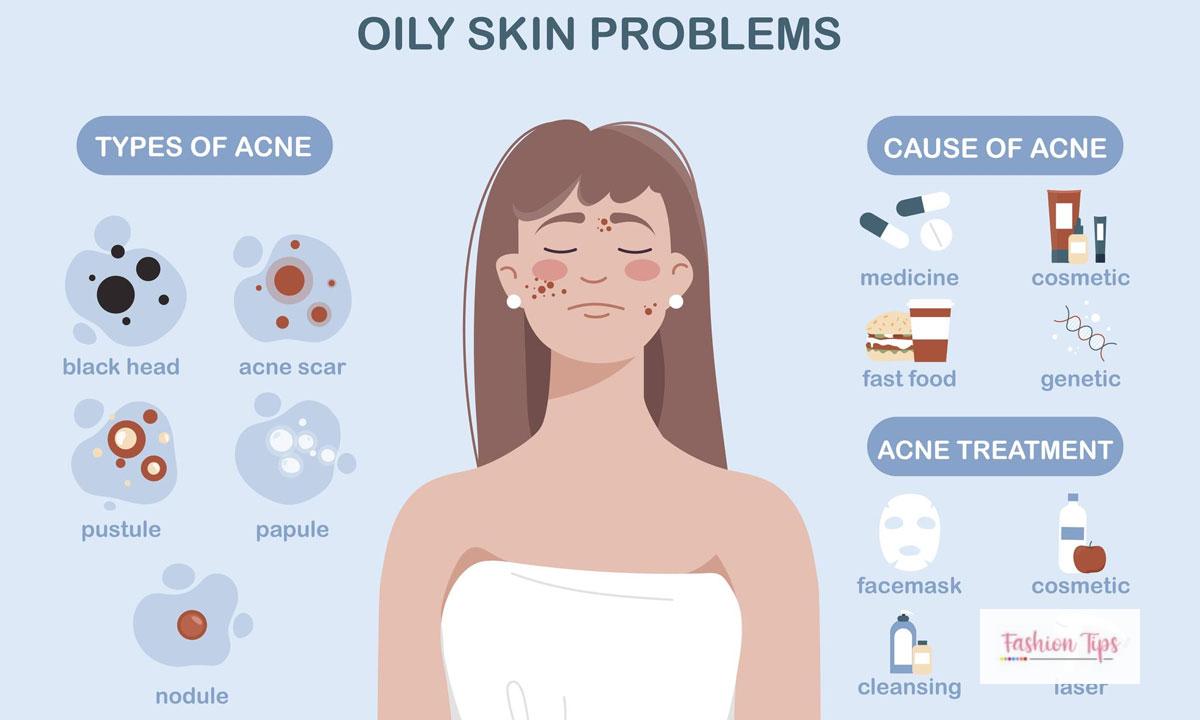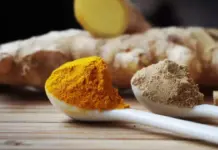Taking care of oily skin can be a real challenge, especially during the humid Sawan season. The increased humidity can exacerbate skin issues, making it crucial to follow a dedicated skincare routine. In this article, we’ll delve into the best ways to manage oily skin during Sawan 2024, ensuring your skin stays fresh, healthy, and glowing.
Understanding Oily Skin
What Causes Oily Skin?
Oily skin is primarily caused by overactive sebaceous glands that produce excess sebum. Factors such as genetics, hormonal changes, diet, and stress can all contribute to this condition.
Common Characteristics of Oily Skin
People with oily skin often experience a shiny complexion, enlarged pores, and frequent acne breakouts. The skin may feel greasy and can be more prone to blackheads and whiteheads.
Challenges Faced by Individuals with Oily Skin
Managing oily skin requires consistent care and attention. The main challenges include controlling excess oil, preventing acne, and maintaining a balanced moisture level without clogging pores.
Impact of Sawan on Oily Skin
Increased Humidity and Its Effects
Sawan, characterized by its monsoon rains and high humidity, can lead to increased oil production and clogged pores. This environment creates a breeding ground for bacteria, leading to more frequent breakouts and skin irritation.
Common Skin Issues During Sawan
During Sawan, people with oily skin may notice more pimples, blackheads, and an overall greasy appearance. The humidity can make it difficult to keep the skin clean and clear.
Daily Skincare Routine for Oily Skin
Morning Routine
Cleansing
Start your day with a gentle cleanser that removes excess oil without stripping your skin of essential moisture. Look for products containing salicylic acid or glycolic acid.
Toning
Use a toner to help balance your skin’s pH levels and remove any leftover impurities. Witch hazel or rose water are excellent options for oily skin.
Moisturizing
Yes, even oily skin needs moisturizer! Choose a lightweight, non-comedogenic formula that hydrates without clogging pores.

Sun Protection
Finish your morning routine with a broad-spectrum sunscreen to protect your skin from harmful UV rays. Opt for an oil-free, matte-finish sunscreen.
Evening Routine
Makeup Removal
Always remove your makeup before bed. Use a gentle makeup remover or micellar water to cleanse your skin thoroughly.
Cleansing
Repeat the morning cleansing step to remove any dirt and oil accumulated throughout the day.
Toning
Use your toner again to ensure all traces of cleanser and impurities are gone.
Moisturizing
Apply a night moisturizer that supports skin repair and regeneration. Look for ingredients like niacinamide or hyaluronic acid.
Weekly Skincare Tips
Exfoliation
Benefits
Exfoliation helps remove dead skin cells and prevents clogged pores. It also promotes cell turnover, giving your skin a fresh and radiant appearance.
Best Exfoliators for Oily Skin
Opt for chemical exfoliants like salicylic acid or lactic acid, which are effective yet gentle on the skin.
Face Masks
Types of Masks Suitable for Oily Skin
Clay masks and charcoal masks are excellent for absorbing excess oil and purifying the skin.
How Often to Use Them
Use a face mask once or twice a week to keep your skin clear and balanced.
Natural Remedies for Oily Skin
Benefits of Natural Ingredients
Natural remedies can be gentle on the skin while effectively managing oil production and preventing breakouts.
Effective Home Remedies
Aloe Vera
Aloe vera has soothing and antibacterial properties, making it ideal for oily skin.
Honey
Honey is a natural humectant and has antibacterial properties that help keep the skin hydrated and clear.
Lemon Juice
Lemon juice acts as a natural astringent, tightening pores and reducing oiliness. However, use it sparingly as it can be harsh on the skin.
Tea Tree Oil
Tea tree oil is known for its antibacterial and anti-inflammatory properties, making it a great spot treatment for acne.
Diet and Lifestyle Tips for Oily Skin
Foods to Eat
Incorporate foods rich in omega-3 fatty acids, antioxidants, and vitamins, such as fish, leafy greens, and nuts, to support healthy skin.
Foods to Avoid
Avoid greasy, sugary, and processed foods that can trigger excess oil production.
Hydration Importance
Drink plenty of water to keep your skin hydrated from within and flush out toxins.
Lifestyle Habits to Adopt
Regular exercise, adequate sleep, and stress management are crucial for maintaining healthy skin. Practicing good hygiene, like regularly washing pillowcases and makeup brushes, also helps prevent breakouts.
Products to Avoid
Ingredients That Can Worsen Oily Skin
Steer clear of products containing alcohol, sulfates, and heavy oils, as these can irritate the skin and increase oil production.
How to Read Skincare Labels
Learn to read product labels to identify comedogenic ingredients that can clog pores. Look for terms like “non-comedogenic” and “oil-free.”
FAQs
Can oily skin be permanently fixed?
Oily skin cannot be permanently fixed, but it can be effectively managed with the right skincare routine and lifestyle habits.
Is it necessary to moisturize oily skin?
Yes, moisturizing is essential for all skin types, including oily skin, to maintain hydration and prevent excess oil production.
How can I prevent my makeup from getting oily?
Use a mattifying primer and setting powder to control shine and keep your makeup in place. Blotting papers can also help manage excess oil throughout the day.
Are there any specific treatments for oily skin?
Chemical peels, microdermabrasion, and certain laser treatments can help manage oily skin and reduce the appearance of pores.
Can diet really affect oily skin?
Yes, diet plays a significant role in skin health. Consuming a balanced diet with plenty of water can help manage oily skin.

















